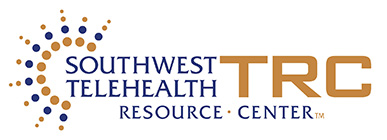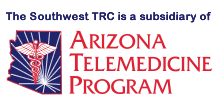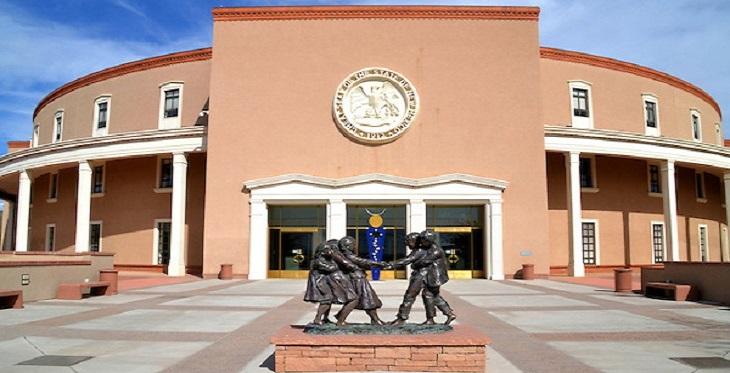Telehealth is offering improved access to healthcare services across America. Information and communication technologies are now becoming more affordable, easier to use, secure, and applicable to a broad spectrum of healthcare services, providing the right care, at the right time, and the right place. In light of these advances in telehealth, developing new state legislation that facilitates the meaningful use of telehealth is becoming even more important in order to appropriately address barriers and gaps in care to all citizens. Successful legislation should address, at least in part, the Triple Aim: 1) Improve the patient’s experience with the health system that is more patient centered, 2) Improve health outcome, community and public health, 3) Decrease costs without sacrificing quality.
Southwest Telehealth Resource Center Blog
Several weeks ago I was presented with a CT scan on a new patient, a young woman with a severe headache who had been transferred overnight by air ambulance from another hospital. As a center that specializes in diseases of the nervous system, my facility, the Barrow Neurological Institute (BNI), routinely accepts people from around the country. And since this woman had been sent to us because the CT scan from the outside facility was interpreted as her possibly having blood in the brain, no further questions were asked. Sounds like responsible and compassionate healthcare, right? But there was a hitch: The patient didn't need to be transferred at all.
We all know telemedicine brings huge benefits to patient care - from improving care accessibility to reducing medication noncompliance and hospital readmissions.
But telemedicine can also be a path to better practice profitability. Adding telemedicine services to your practice can actually drive up your revenue.
To respond to the growing need for intensivist support among many facilities in the mountain west, a new service has been created within the University of Utah Health Care's extensive Telehealth System. When a regional hospital lacks intensivist coverage, their primary ICU attending is out sick, the local pulmonologist goes on vacation, or an expanding community ICU service finds itself short-handed, the University of Utah’s TeleICU program is here to help.
The TeleICU program has been implemented for just over a year, with many success stories. Many patients who otherwise may have been transferred to a tertiary center have been able to stay in their community hospitals, near family and support systems, while providing revenue for the local hospital. This virtual intensivist coverage allows our affiliate facilities to function at the top of their skill set, and patients that do require transfer to a larger center can be more rapidly identified.
The benefits of telemedicine and telehealth have been clearly supported over the past 20 years with more than 20,000 research papers published. Telemedicine reduces barriers to care, improves patient access to specialists, helps medical practitioners expand their practice reach, and can realize substantial cost savings for healthcare systems and patients.
As the technology has become more affordable and generic, and states enact parity legislation, the market for commercial telemedicine specialty services is exploding—and this can be a very good thing for healthcare systems, hospitals, clinics, and other organizations facing healthcare provider shortages. But with so many telemedicine service providers out there, the challenge is narrowing down the field to the one that will best fit your organization, your community, and your patients’ needs.


